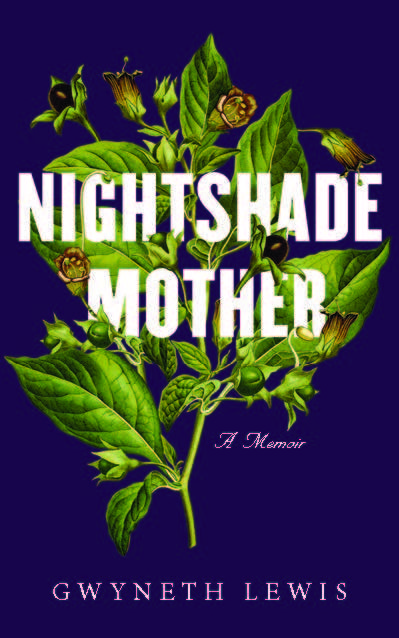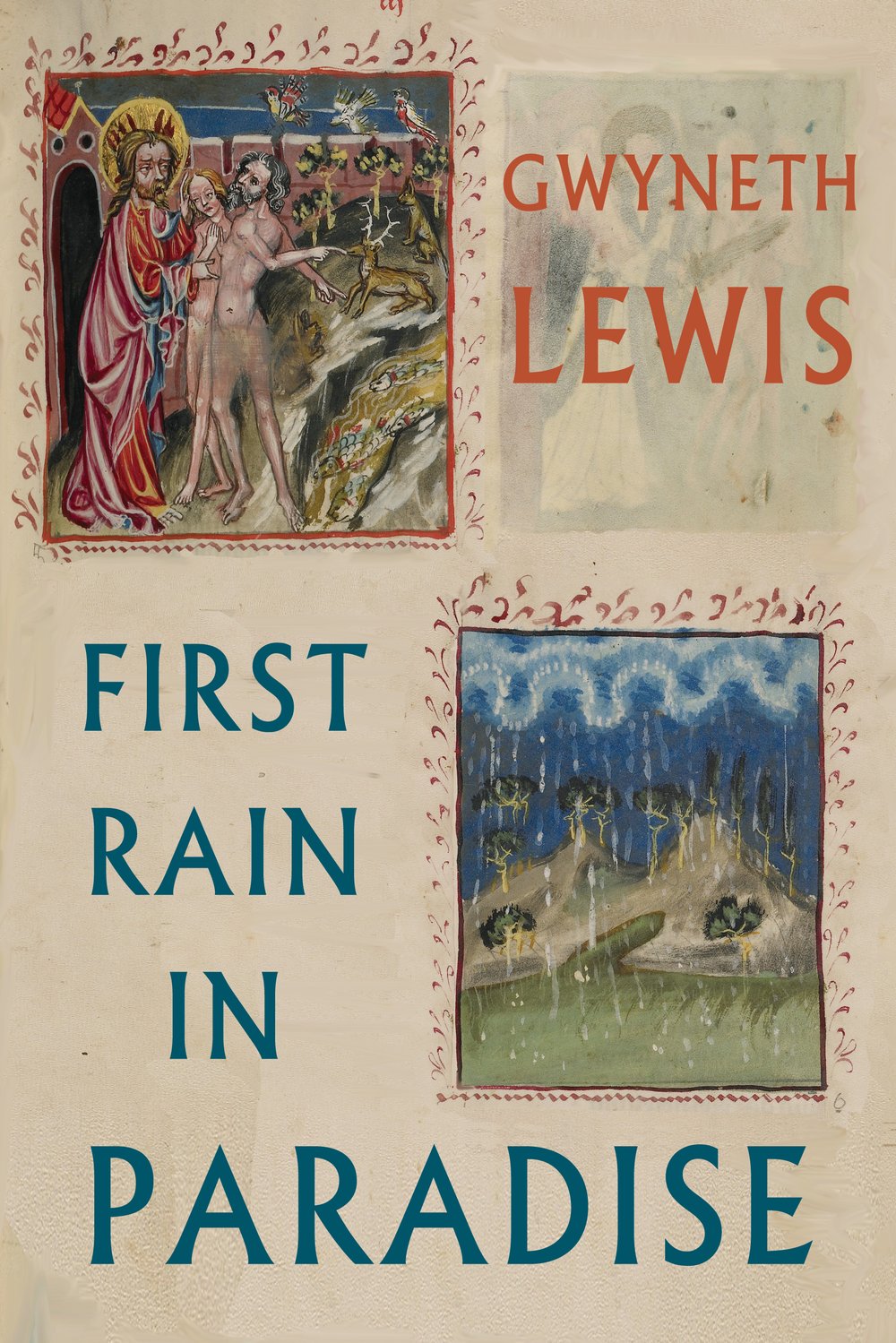Quantum Poetics
Newcastle/Bloodaxe Poetry Lectures
In this innovative series of public lectures at Newcastle University, leading contemporary poets speak about the craft and practice of poetry to audiences drawn from both the city and the university. The lectures are then published in book form by Bloodaxe, giving readers everywhere the opportunity to learn what the poets themselves think about their own subject. Gwyneth Lewis's three lectures explore the connection linking form and politics with the content of poetry while exploring how each of these changes our understanding of time. She argues that the poet steers a path between making music and making sense - not at the level of the line, but in the deep structures of meaning which are poetry's terrain. The accuracy of what they say is just as important as its expression, both for their own well-being and for its worth to the reader. Taken together, her lectures begin to posit not the science in poetry but a science of the art form. 'The Stronger Life': Much has been made of the volatility of poets, which is largely a myth. Because it can be confessional , poetry is often assumed to be therapeutic, but it can, equally, be toxic. The lives and work of poets are distinct but not unrelated. Using examples from Laura Riding and George Herbert, Gwyneth Lewis argues in this lecture that poets are more, not less resilient than the rest of the population. Looking at her own modern epic, A Hospital Odyssey, she questions how form is essential to health. 'What Country, Friends, is This?': Using Illyria in Shakespeare's Twelfth Night as a starting point, this lecture explores language politics and writing, describing how far poets will go to negotiate safe passage between one and the other. Fluent in Welsh and English, Gwyneth Lewis reflects on writing in two opposed traditions at the same time and reflects on what light the work of poets such as Nuala Ni Dhomhnaill and Anne Carson, among others, throws on the nature of poetry as a whole. 'Quantum Poetics': Form is the science of poetry. Because of its peculiar relationship with time, poetry's history isn't linear. Language works with a quantum indeterminacy. With special reference to the early Welsh tradition's extreme formalism, Gwyneth Lewis discusses in this lecture how what seems like ornament conjures probability waves into being, adding an extra, unheard, dimension to the sound of metre.
Gwyneth Lewis was Wales’s National Poet from 2005 to 2006, the first writer to be given the Welsh laureateship. Her first six books of poetry in Welsh and English were followed by Chaotic Angels (2005) from Bloodaxe, which brings together the poems from her English collections, Parables & Faxes, Zero Gravity and Keeping Mum, and by A Hospital Odyssey (2010), and Sparrow Tree (2011), winner of the Roland Mathias Poetry Award (Wales Book of the Year) in 2012. Her other books include Sunbathing in the Rain: A Cheerful Book about Depression (Flamingo, 2002) and Two in a Boat: A Marital Voyage (Fourth Estate, 2005) and The Meat Tree: new stories from the Mabinogion (Seren, 2010). Her Welsh collection, Y Llofrudd Iaith (Barddas, 2000), won the Welsh Arts Council Book of the Year Prize, and her English collection, Keeping Mum was shortlisted for the same prize. Both Zero Gravity and Keeping Mum were Poetry Book Society Recommendations. Gwyneth Lewis composed the words on the front of the Wales Millennium Centre in Cardiff, opened in 2004. In 2014 she dramatised her book-length poem A Hospital Odyssey for the BBC, broadcast on Radio 4's Afternoon Drama, and delivered her Newcastle/Bloodaxe Poetry Lectures, published in Quantum Poetics (Bloodaxe Books, 2015). She lives in Cardiff.



